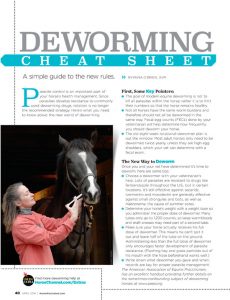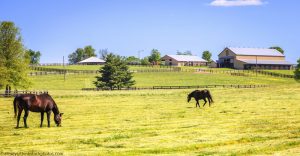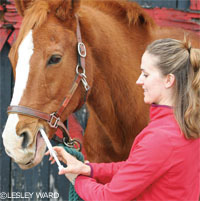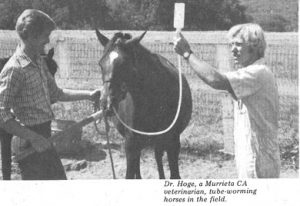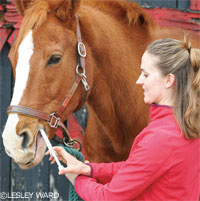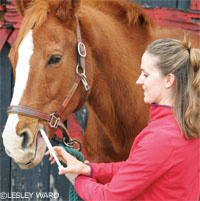Deworming a horse is a necessary part of horse care to prevent infection from internal parasites. The vast majority of horse owners continue to deworm following an outdated protocol, simply rotating between different dewormers, also called anthelmintics. However, nowadays researchers and experts are recommending fecal egg count testing in order to know what the parasite load is before choosing a medication. And in some instances, one herdmate, or even several, may not need to be dewormed. Now that parasite resistance to anthelmintic drugs has become prevalent, many of the rules about the process have changed. And if you’re not changing with them, you could be doing your horse a huge disservice.
Horse Deworming
no


